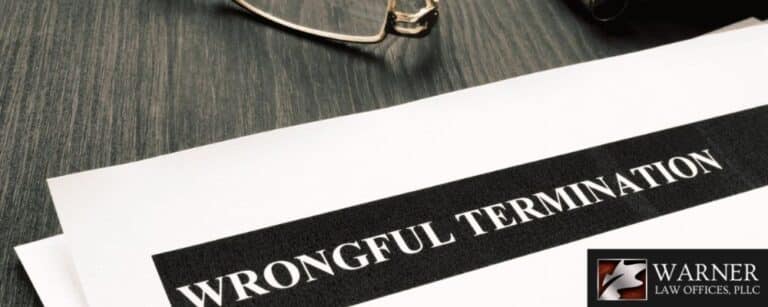
Getting fired from a job can be enormously upsetting. Not only does it mean a person has to go through the process of finding another one, but it also means that until that happens, a person is without the pay, benefits and security of employment.
Because termination can take such an incredible toll on a worker (and his or her family), determining whether the decision was legal is crucial. In cases where it was wrongful, a person could pursue job reinstatement, financial compensation and back pay. That said, you must know what makes a termination wrongful in the eyes of the law.
What Does “Wrongful” Mean?
Every firing can feel wrong. However, to meet the legal definition of wrongful, termination must be a violation of the law. Some examples include a person being fired:
- For filing a sexual harassment complaint
- For reporting unsafe work conditions
- For refusing to engage in illegal practices
- For being a member of a protected class (discrimination)
Termination could also be wrongful if it violates a valid employment contract you have in place.
Building a Wrongful Termination Claim
Making a claim for wrongful termination can be tricky. Employers don’t always come out and say that they are firing someone in retaliation or because they are a certain gender, religion, age or race.
However, there could be other ways of showing that a termination was improper. This includes collecting supporting data and documentation. If you suspect you were wrongfully fired, you should prepare:
- Performance reviews
- Copies of any complaints you filed
- Notes on what, if any, action an employer took in response to the complaints
- Statements from other employees
- Correspondence with your manager or employer that contradict a given reason for firing you
- Detailed accounts on how the firing affected you
With this information, you and your attorney can work on building a claim alleging that your termination was wrongful.
Feeling that your firing was unfair is hard enough without also suspecting that it violates your rights as an employee. If it was wrongful, you may be able to secure remedies that acknowledge your rights and help you recover after improper job loss.

